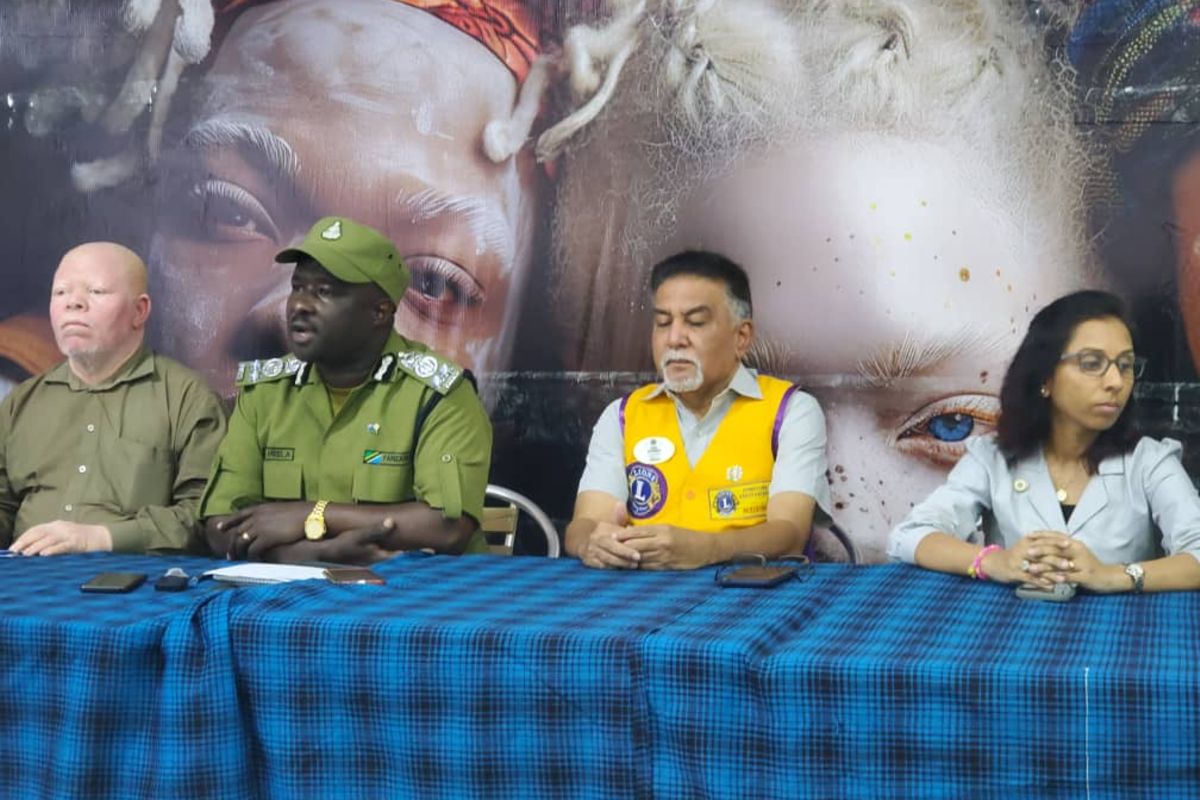
Dar es Salaam. Waziri Mkuu Kassim Majaliwa ataongoza matembezi ya hisani kwa ajili ya kuelimisha jamii kuhusu watu wenye ualbino.
Matembezi hayo yaliyoandaliwa na Taasisi ya Lions Club ya Dar es Salaam, Tanzanite na Sky kwa kushirikiana na Chama cha wenye ualbino Tanzania (TAS), yatakwenda sanjari na uchangiaji wa fedha kwa ajili ya kusaidia mahitaji ya kibinadamu kwa kundi hilo.
Akizungumzia matembezi hayo yaliyopewa jina la Sunset Charity Walk, Kaimu Mwenyekiti wa TAS, Abdillah Omar amesema watu 1,000 wanatarajiwa kushiriki kwenye matembezi hayo.
Matembezi hayo ya kilomita tano yatafanyika kesho, Jumamosi ya Novemba 30, 2024 saa 11 jioni, kuanzia Ocean Road kwenda hadi daraja la Tanzanite.
“Tunaamini watu wengi watajitokeza kuungana nasi kutuunga mkono katika matembezi haya ambayo tunayafanya kwa mara ya kwanza kwa kushirikiana na Lions Club,” amesema.
Gavana wa Lions Club Tanzania, Habil Khanbhai amesema hii itakuwa mara ya kwanza kwa taasisi hiyo kusaidia watu wenye ualbino na wanatarajia kuendelea kushirikiana nao na kuwaunga mkono.
Mbali na elimu itakayotolewa kwa jamii ili ipate uelewa kuhusu watu wenye ualbino, pia matembezi hayo yanalenga kukusanya fedha kwa ajili ya kusaidia mahitaji mbalimbali ya kibinadamu kwa kundi hilo.
“Tunatarajia kuwa na watu 300 wenye ualbino, watu 100 kutoka Jeshi la Polisi na watu wengine kutoka maeneo mbalimbali,” amesema Khanbhai akisisitiza jamii kujitokeza kwa wingi kushiriki na kuliunga mkono kundi hilo sambamba na kujisajili kwa gharama ya Sh20,000.
Mkuu wa Utafiti wa Jeshi la Polisi, SACP Ralph Meela amesema jeshi hilo limekuwa likishirikiana kwa karibu na kundi hilo ikiwamo kuzielimisha jamii ambazo zimekuwa na imani potofu kuhusu ualbino.
“Kwa muda mrefu tumekuwa tukifanya hivi na hata matukio ya kikatili dhidi ya ndugu zetu hawa (wenye ualbino) yalitulia na tangu 2022 tulikuwa tumeyasahau, hivi karibuni ni kama yameibuka , tunaendelea kuyatokomeza,” amesema.
Source: mwananchi.co.tz













